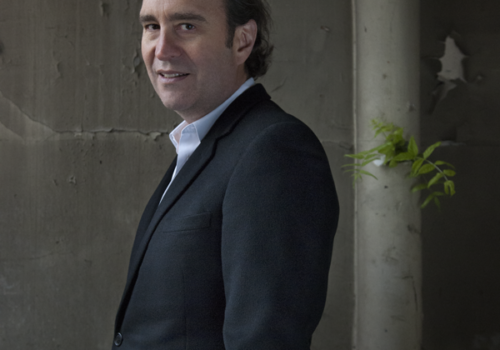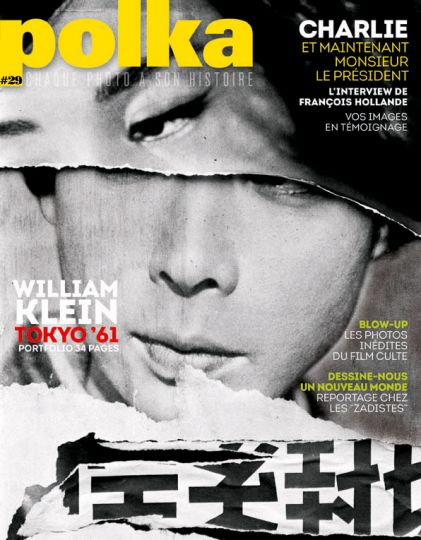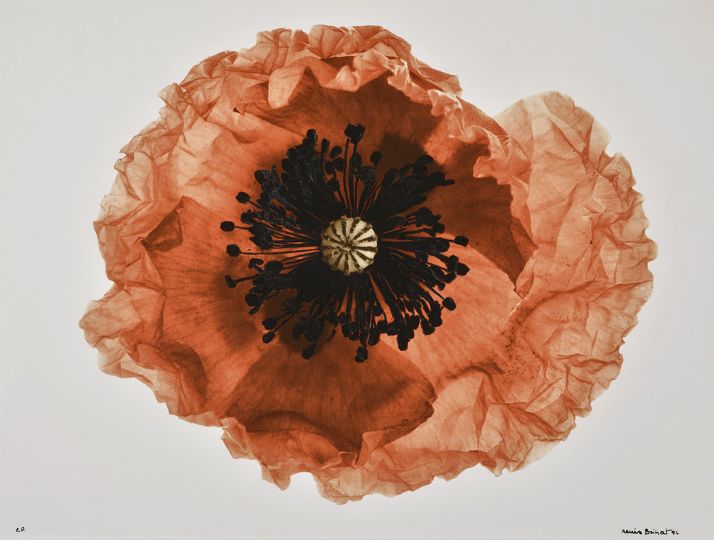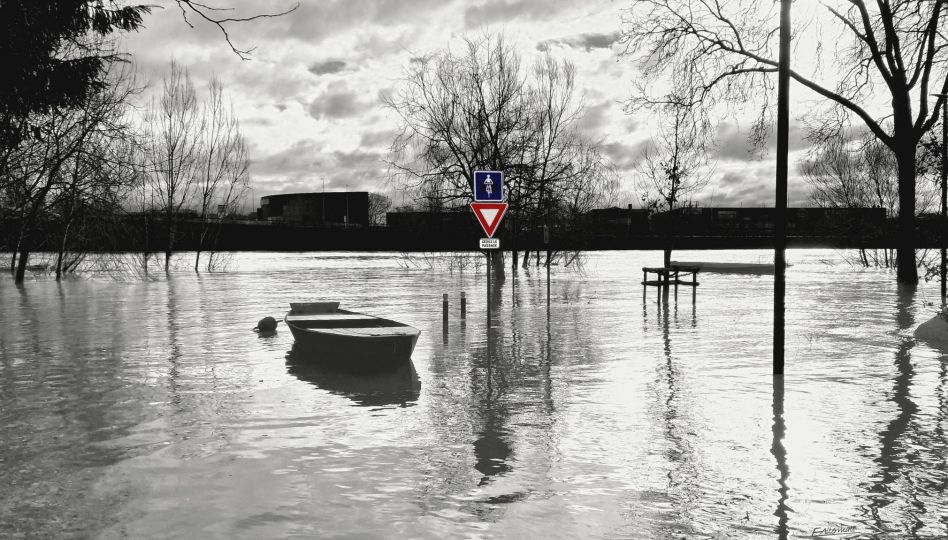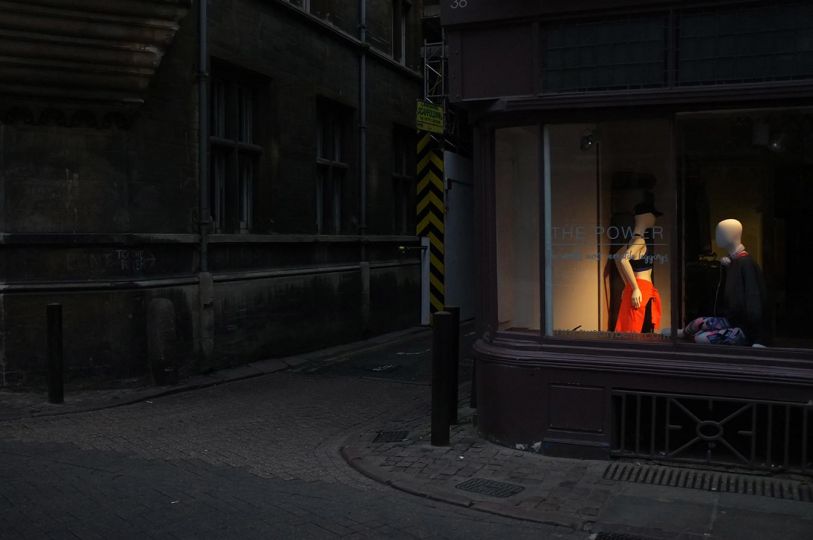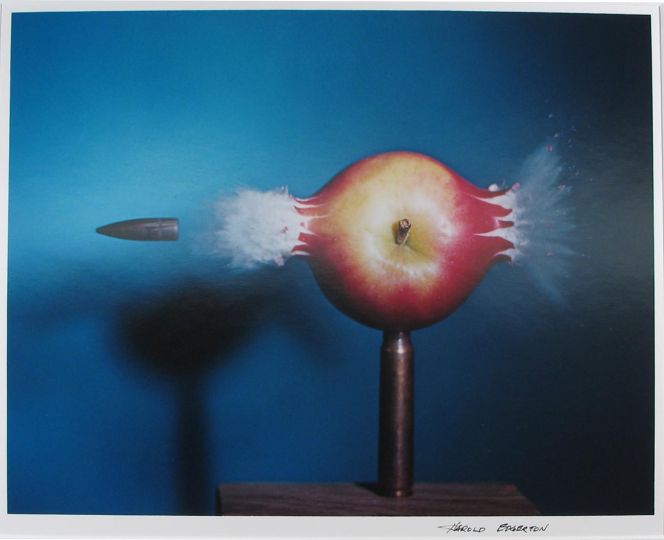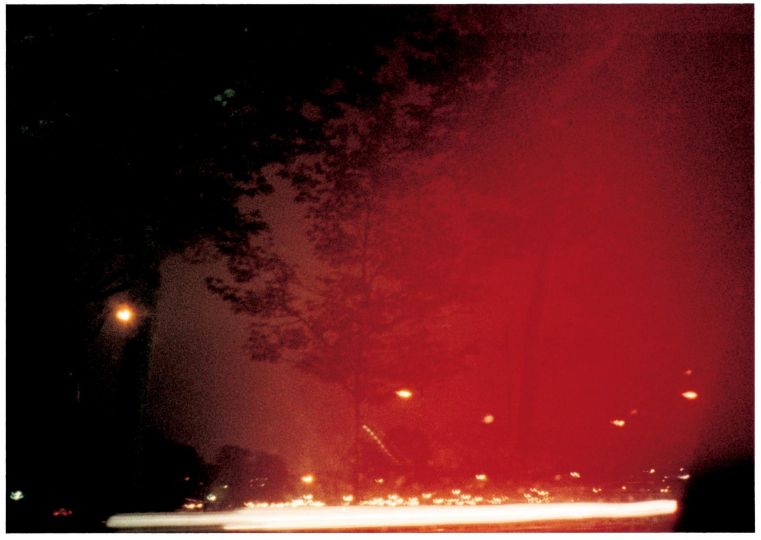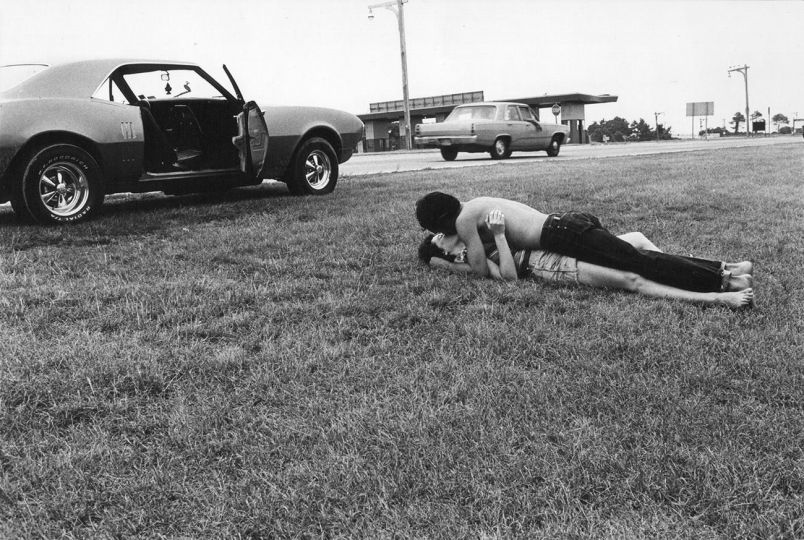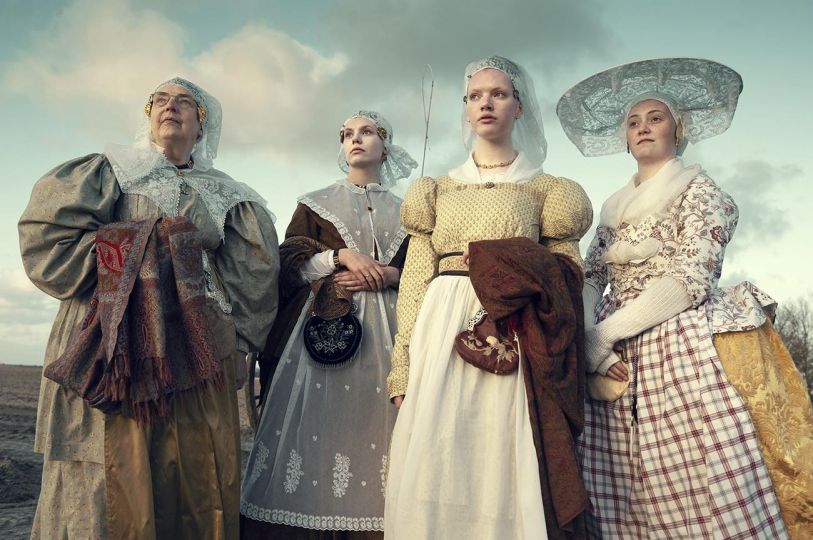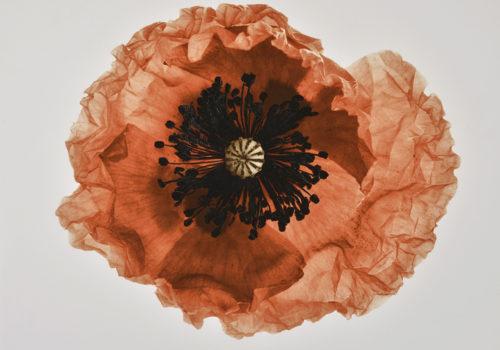What’s the plan for your “1,000 start-ups” project and purchase of La Halle Freyssinet?
Xavier Niel: In France and around the world, we are witnessing a redistribution of wealth thanks to digital technology. Before, when our parents wanted to start a business, they had to build a factory and start out with a lot of capital. Digital allows us to start global businesses with a good idea, a little capital and a lot of work. La Halle Freyssinet will be a place where we can help with administrative and other management questions so that young people can concentrate on the most important things: their product and their idea.
Are you planning to make this the biggest start-up incubator in France?
X.N: Maybe in the world! In Silicon Valley, there are several small incubators but they’re never together in one place. Here we want to develop the same thing but in a single location, the biggest in the world. We need that superlative to get people’s attention on an international level, to get people talking about us and convince them to come to Paris. Paris is a magical city. People dream about coming here on vacation or living here. You also have to dream when thinking about starting a business here. La Halle Freyssinet should become a household name in the tech industry and help young digital companies grow.
You’ve said, “Let’s go forward step by step to create a perfect world.” What’s a perfect world?
X.N: One in which a child born into a poor family can achieve financial success on a global scale. We have to be able to redistribute value. The communist system wanted to put everyone on equal footing. It’s a lovely idea, but it didn’t work. The perfect world, in the imperfect world that is capitalism, is one where those who work—and this is not Sarkozyism—can get by and elevate themselves financially.
Is that “The American Dream”?
X.N: With digital, the “American Dream” is everywhere. At La Halle Freyssinet, we hope to create not just one equivalent to Facebook, but many.
You’ve invested in several media companies, including Le Monde, Le Nouvel Observateur and Polka. Are you a modern-day Citizen Kane? A patron? an investor?
X.N: The press is struggling right now as it shifts from one model to another. The idea is to invest in any way that can help media companies of today become media companies of the future and overcome the challenges of the web.
How do you see the future of journalism?
X.N: The question you have to ask is whether or not the journalism adds value. If it doesn’t, then it will remain free and all the revenue will come from advertising. But if it shows visual and editorial intelligence, with analysis and scoops, people will be willing to pay for it, whether it’s on paper, digital or who knows what. Are we capable of this intelligence? The answer is yes. Sites like Mediapart and LeMonde.fr are a good example. The added value is more important than the medium.
Amazon founder Jeff Bezos recently acquired The Washington Post. Is it a sign of things to come?
X.N: Jeff Bezos copied what we’re already doing in France. It’s pretty neat to be copied by Americans, to see how the the CEOs of the digital economy are getting involved in new media. The challenge is to transform these venerable businesses and help them adapt the format, medium and marketing to the 21st century.
Interview by Dimitri Beck
This interview appeared in issue #25 of Polka Magazine (Feb. 25, 2014)

